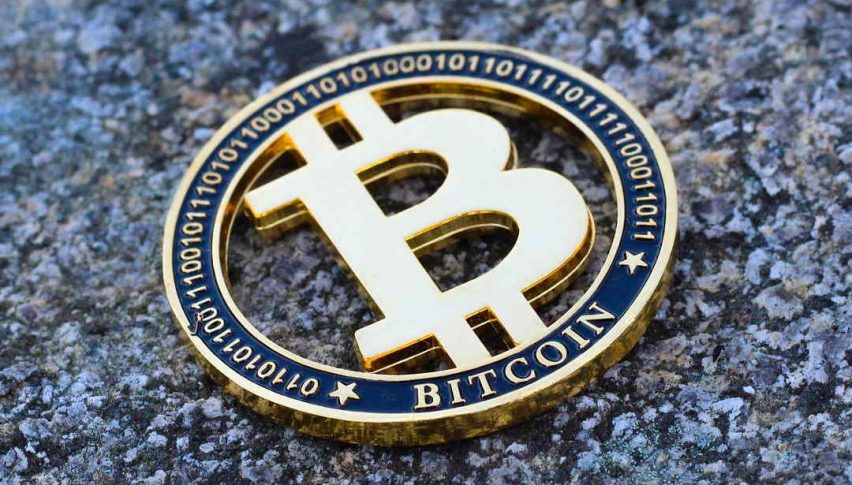Brazil: Bringing inflation to target with the lowest possible social cost, says CB president.
He cited countries like Argentina and Turkey, where higher inflation led to inequality.

After mentioning negative impacts on activity, employment, and credit, the president of the Central Bank emphasized that, in Brazil and worldwide, high inflation generates imbalances and affects primarily the poorest segments of the population.

The president of the Central Bank, Roberto Campos Neto, stated that he respects criticisms but emphasized that the mission of the Central Bank is to bring inflation to target with the lowest possible social cost. He highlighted that the Central Bank pursues the goals set by the government itself, through the National Monetary Council (CMN). Campos Neto spoke at a press conference in São Paulo on Thursday (28), following the release of the quarterly Inflation Report (RI).
He was questioned about the statements made on Wednesday (27) by the Minister of Labor, Luiz Marinho, who, while criticizing still high interest rates, suggested to BC directors to ‘study more the fundamentals of the economy.’ ‘We respect all criticisms, each person has a different perspective,’ said Campos Neto.
He stated that ‘the mission of the BC is to bring inflation to target’ and pointed out that the target, in fact, ‘is determined by the government, not by the BC.’ Campos Neto said that ‘the objective is to bring inflation to target with the minimum cost to society possible,’ and that these costs relate, according to him, to negative impacts on activity, employment, and credit, for example.
This, according to Campos Neto, is what the BC has been doing. ‘The BC has brought inflation [down] with a very low cost, in fact, the growth has surprised to the upside, unemployment has surprised to the downside,’ he said. According to him, the assessment is that the BC’s work has been well done. Campos Neto said that, in Brazil and worldwide, high inflation generates significant imbalances and affects, primarily, the most vulnerable layers of the population. He cited countries like Argentina and Turkey, where higher inflation led to inequality
- Check out our free forex signals
- Follow the top economic events on FX Leaders economic calendar
- Trade better, discover more Forex Trading Strategies
- Open a FREE Trading Account



